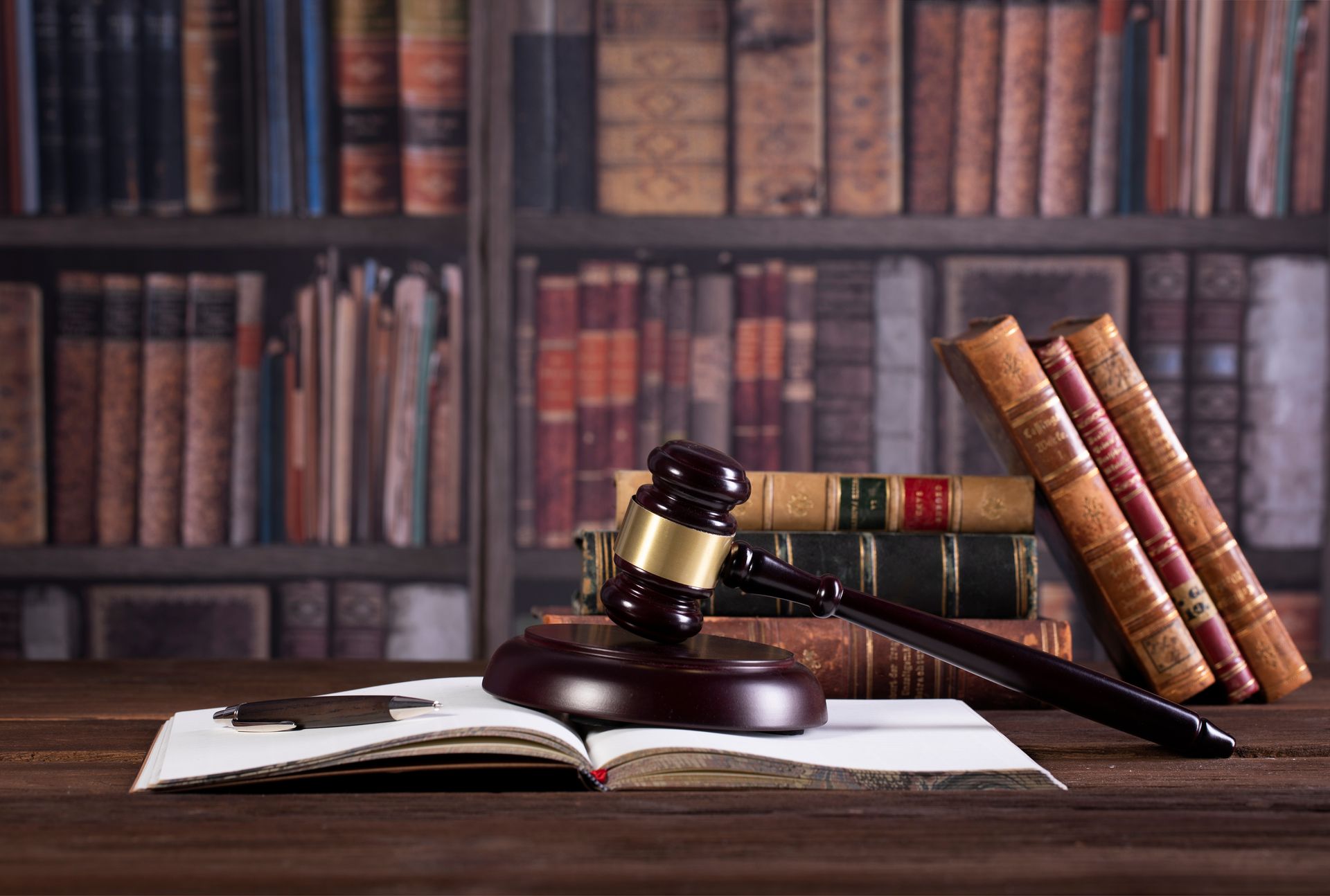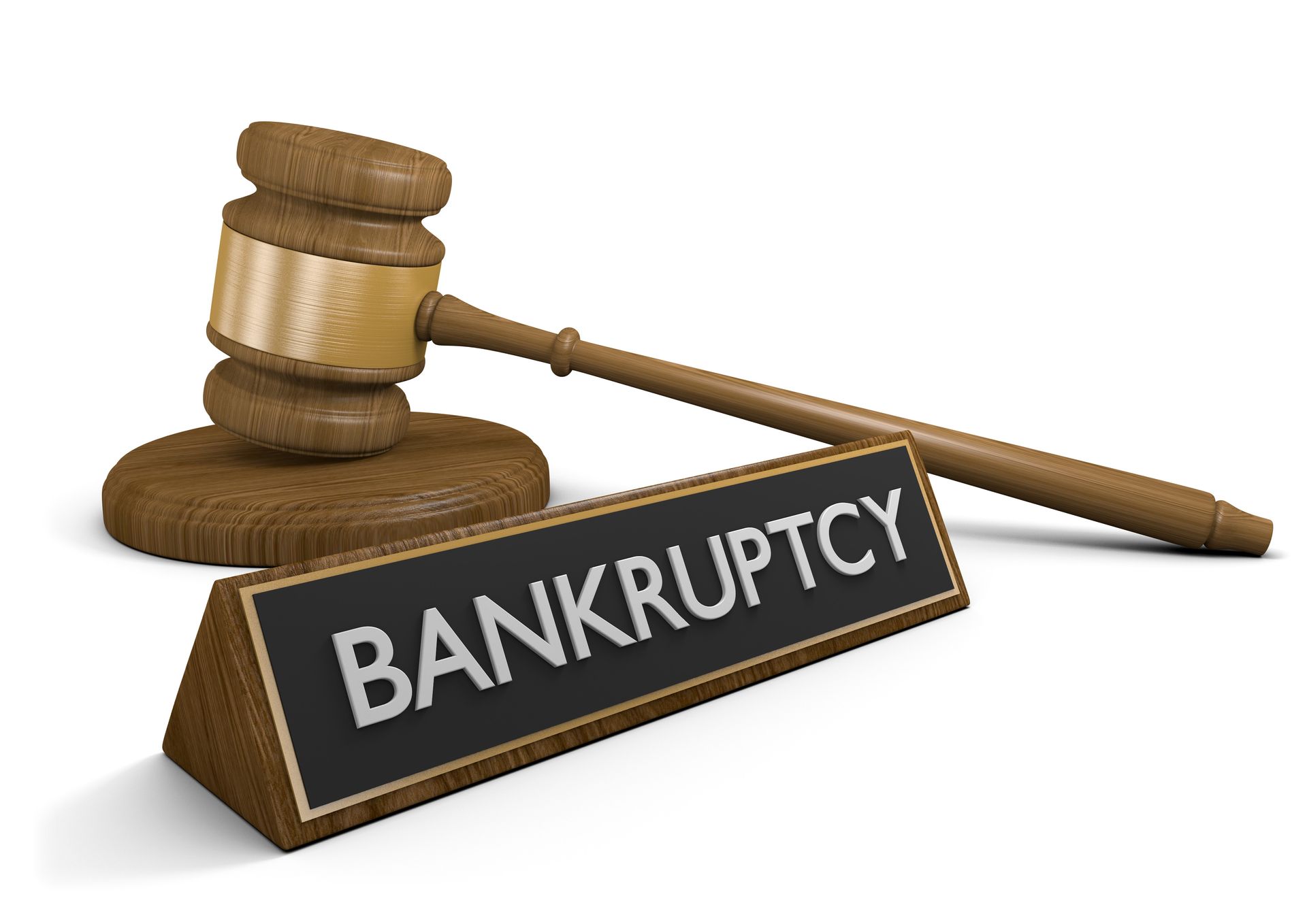Contact Us
Phone: 856-644-7929
Location
1818 Old Cuthbert Rd
Suite 107
Cherry Hill, NJ 08034
Hours
- Mon - Fri
- -
- Sat - Sun
- Closed
Defending credit card lawsuits
Credit Card Lawsuits
If you struggle to make the minimum payments on your credit card debt, a lawsuit might be in your future. Just making the minimum payment due isn’t enough to chisel away at the balance. High finance charges and fees add to the total so that your balance and your payment amounts keep going higher. Once you begin missing payments or stop paying on the debt altogether, your creditor will start looking for ways to collect their money.
Your creditor might begin calling and reminding you of your financial obligation. Then, after a few missed payments, they might offer you a settlement to pay off the debt for less. If you don’t agree to the settlement, the next step might be to sue you.
What Is a Credit Card Lawsuit?
When the company or bank that issued your credit card or a third-party company sues you to obtain the debt you owe, the result is a credit card lawsuit.
Even if the original creditor has marked your account off as a loss, another company might purchase your debt. Either the original creditor or the purchaser can initiate a lawsuit against you.
It doesn’t matter that you don’t have the money to pay off your debt. These entities can find other ways of collecting what you owe. These might include wage garnishment, bank account levies, or property levies. That means that a credit card lawsuit could not only wipe out your savings but result in lost financial or real estate assets.
When Missed Payments Lead to a Lawsuit
Most creditors don’t sue because of the expense of going to court, especially when the debt isn’t significant. They would end up spending more on litigation than they might collect. Even if they don’t take legal action, your debt will still cause problems for you for years. For one thing, the company will report your missed payments to the credit bureaus after 30 days. Missed payments will hurt your credit rating, especially if you previously had an excellent credit rating and a clean credit history.
Creditors usually sue only if the amount is significant. Sometimes, they threaten to sue to scare you into paying the debt. You will know that you are being sued when you receive a copy of the complaint and a summons in the mail. The complaint will include all the suit’s details, including which company is suing you and the claim amount.
You must write a response or answer to the court within 20 to 30 days. Failing to respond by the deadline could result in the court filing a default judgment against you. An attorney can help you submit a professionally crafted response to the complaint.
Common Defenses for Credit Card Lawsuits
Failing to understand your rights and options can make the litigation process more frightening and stressful. An attorney who knows the laws in your state will guide you on your best defense. Some of the most common defense strategies for a credit card lawsuit include:
Claiming the Summons and Complaint Was Improperly Processed or Delivered
The process and delivery of complaints and summons differ from state to state. If the creditor fails to abide by these requirements, it might invalidate the lawsuit. Talk to your lawyer about asserting this in your initial response.
The Statute of Limitations Has Expired
The “time-barred debt” defense means that the debt is no longer collectible. Each state has a statute of limitations that determines how long a debt stays on your credit report. The time period ranges from 3 to 10 years. Once the debt reaches the time limit for your state, the creditor can no longer file suit against you.
The period usually starts with the date of the last payment you made, not the initial date of the debt. If you give in and make a payment during the state’s time period, it begins the cycle again. For example, if your state’s statute of limitations is for 5 years and you make a partial payment after 4 years, the period begins from the date you made the last payment. It can open an opportunity for the creditor to sue you again, destroying your defense of time-barred debt.
You Already Paid Part or All of the Debt
If you paid any portion of the total debt before it was transferred to another party, you can use this as your defense. The collector might be required to obtain the full payment from the original creditor and not you. Even if you only made one small payment, they don’t have the right to collect more than what you owe.
The Lawsuit Violates the Fair Debt Collection Practices Act
The Fair Debt Collection Practices Act (FDCPA) is a federal law that limits what actions a debt collector can take. The law applies to everyone from the company the debt is with to attorneys that file the lawsuit. This defense requires collectors to prove that the debt is legitimate and stop collection activities until they produce this proof. If they can’t, you can recover damages for any violations the collector committed.
The Debt Resulted From Credit Card Fraud
If there are charges to your credit card due to a stolen card, identity theft, or improper handling of transactions, your defense is credit card fraud. Sometimes these charges aren’t removed even after filing a police report. Keep your statements and any other records linked to the fraudulent charges. They are your evidence for your defense.
You Included the Debt in a Bankruptcy
If you listed the debt in the bankruptcy schedules, creditors can no longer attempt to collect it. A “discharged in bankruptcy” defense requires proof of the discharge.
It’s a Case of Mistaken Identity
If the debt is in your name, that isn’t enough to make it yours. Valid charges should include documents with your address, social security number, and signature. Otherwise, the debt could belong to someone else with the same name.
The Collector Isn’t the Original Creditor
Collectors that buy your debt do not always have the right to sue you. The “lack of standing” defense challenges them to prove that they purchased your debt and your account. If your debt was sold multiple times, producing the required proof is even more challenging.
What To Do When You Get Sued by a Credit Card Company
If you receive a complaint from a debt collector, don’t ignore it. However, it’s always a good idea to seek legal counsel before responding or making any decisions. The first step is to determine that the claim is valid. From there, your attorney will advise you on your rights and options for getting the best possible outcome for your case.



Schedule a Case Evaluation
Contact us now!
Homepage FCE Form
We will get back to you as soon as possible.
Please try again later.
By submitting this form, you agree to be contacted by our law firm, either by phone, text or by email.
Practice Areas
Disclaimer: We are a debt relief agency. We are attorneys who help people file for bankruptcy relief under the bankruptcy code.
The information on this website is for general information purposes only. Nothing on this site should be taken as legal advice for any individual case or situation. This information is not intended to create, and receipt or viewing does not constitute an attorney-client relationship.
© Copyright 2022 | All Rights Reserved | Robert H. Johnson LLC | Powered By Convert It Marketing | Privacy Policy







